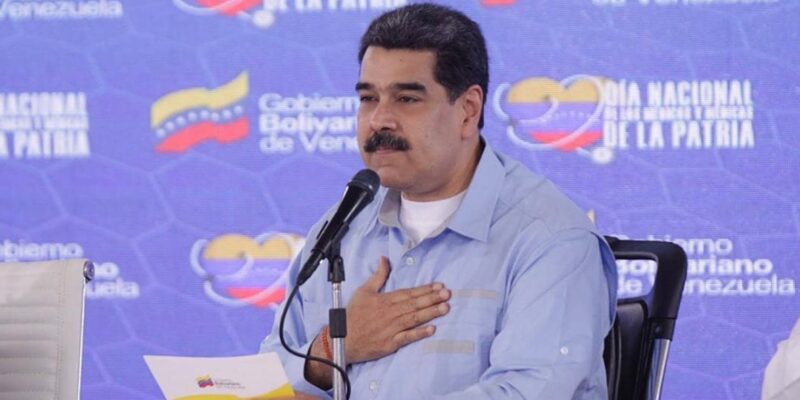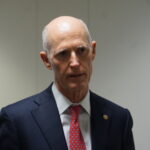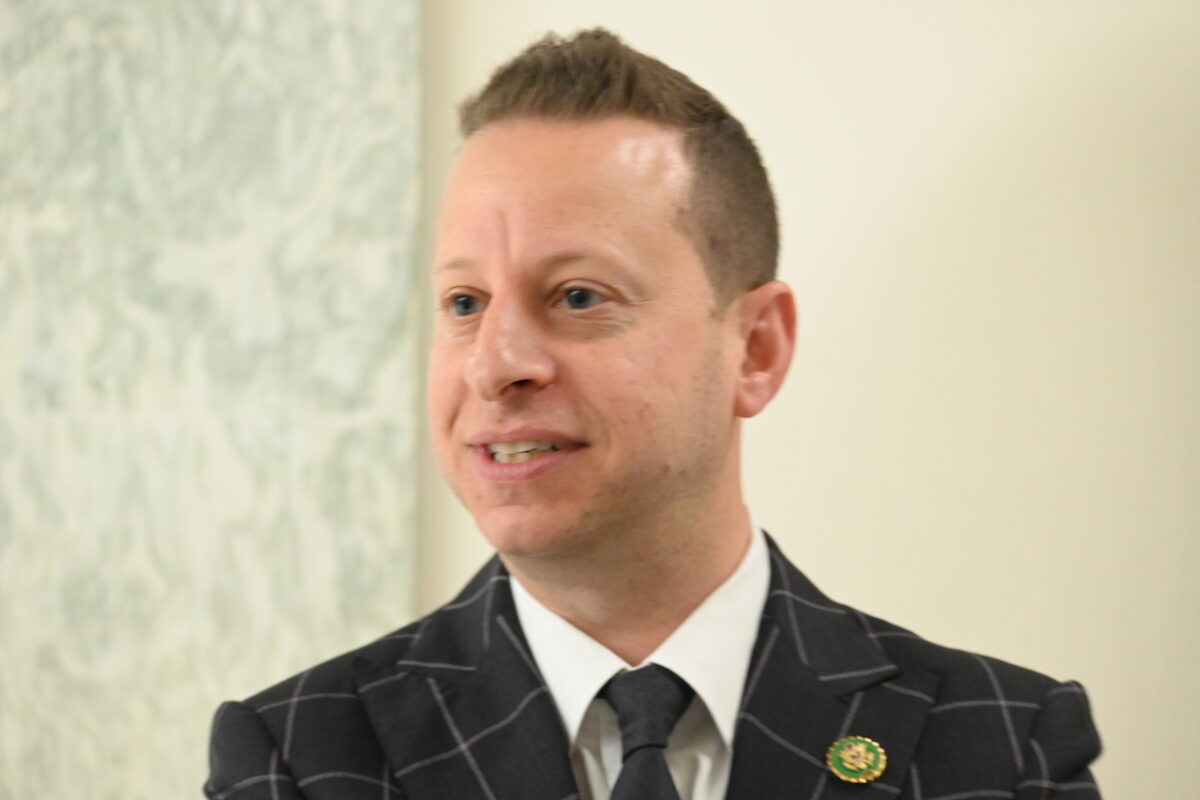By Luis Fleischman @LuisFleischman
Since the 1979 Islamic revolution, Iran has been a state sponsor of terrorism. Iran has sought to expand the Islamic revolution and its influence. It cooperates with the Taliban, an extreme Islamist group in Afghanistan, and is also expected to interfere in the recent conflict between Azerbaijan and Armenia.
Iran’s criminal activities are a key component of this strategy. Organized crime is a fundamental piece in the export of jihadism, especially when the Islamic Republic itself is under heavy sanctions.
Iran’s own ships, planes and transport companies are used to traffic drugs and alcohol, smuggle oil, launder money and conduct large-scale arms trafficking. Iran receives money from opium production in Afghanistan, providing weapons to the Taliban in exchange, which it uses to fight U.S. and NATO forces in Afghanistan. The illegal business is mainly used to expand Jihad or terrorism and to finance its allies in Syria, Yemen, Iraq and Lebanon.
Iran is also active in Latin America, a geographically and strategically important area for the U.S. It sent large numbers of weapons and cash to Venezuela, a declared enemy of the United States. Venezuela is a mega narco-state that has partnered with Iran to boost its own criminal activities. According to a DEA report, Hezbollah raised a billion dollars a year from cocaine and arms trafficking, and money laundering. According to the report, the cocaine trade originated in Venezuela and Mexico, while profits came and were laundered in the United States. Iran also benefitted from the Maduro regime’s illicit sale of gold, which is obtained through inhuman exploitation of miners by the Venezuelan government with FARC dissidents, members of the Colombian ELN and criminal gangs. According to security expert Douglas Farah, Iran received $500 million in gold bars from Maduro in exchange for more than 1.5 million barrels of oil plus repairs to decaying Petroleos de Venezuela’s (PDVSA) facilities.
Venezuela’s partnership with Iran has enabled the Islamic nation and its proxies such as Hezbollah, to penetrate deep into the continent. Venezuela provided passports to Hezbollah members and also influenced other countries in the region to do the same.
According to Emanuel Ottolenghi from the Foundation for the Defense of Democracies, Hezbollah’s Latin American networks have cooperated with drug cartels and criminal syndicates in shipping cocaine to the U.S., distributing and selling narcotics, and laundering the profits, which help finance Iran’s subversive adventures in the Middle East.
Iran's criminal activities will continue to grow as sanctions against it intensify and its tax coffers empty. Hezbollah receives from Iran only 20% of its budget. Organized crime serves to secure the other 80%.
Evidently, Iran’s presence in Latin America is a direct threat to U.S national security.
In 2007, a Hezbollah member stationed in Guyana attempted to conduct a terrorist attack at Kennedy Airport. Similarly, in 2011 Iran attempted to assassinate the Saudi ambassador in Washington with the help of Los Zetas, a notoriously violent Mexican drug cartel. Terrorism expert Matthew Levitt reported in 2013 that members of the Mexican Sinaloa Cartel received weapons and explosives training in Iran. A recent Atlantic Council report pointed to Iran’s political-terrorist agenda as the main motivator. Crime is a means to sustain it.
Regardless of who will be elected next president of the United States, it is crucial that these issues be addressed.
But how?
On the one hand, sanctions are not going to be sufficient to deter Iran. On the other, options such as restoring the 2015 JCPOA (Iran deal) or reaching a deal with Venezuela similar to the one with Cuba in 2014, would not serve our national security.
Even if we achieve nuclear peace, Iran’s criminal and destabilizing activities will continue as it seeks to drive its revolutionary expansionist ambitions. Sanctions relief will increase funding to destabilizing actions. A comprehensive deal to halt these activities would be impossible to achieve.
Therefore, the U.S. must embark on a global strategy to crack down on Iran’s criminal activities, as well as on those countries and entities that collaborate in transnational organized crime. In our Hemisphere, Venezuela is key. The U.S. should continue sanctioning individuals and organizations that support the Maduro regime’s criminal activities. But sanctions will not suffice to end the regime. Thus, the U.S. and its international allies should consider a naval blockade, in addition to collaborative surveillance, tracking and law enforcement. This naval blockade should lead to complete U.S. control of the routes used to transport drugs. Humanitarian aid should be provided to Venezuela, but ensuring it’s cut off from alternative sources of income and from any aid coming from Maduro allies such as China, Russia, Turkey and Iran.
In this context, the U.S. should also maintain its presence in Venezuela to protect potential asset seizures from one of Maduro’s organized crime allies, Russia or Iran.
Likewise, Cuba should be pressured to stop supporting Maduro. If necessary, by means of naval blockade as well.
The U.S. must also continue to fight against corruption and promote democracy by strengthening ties with NATO and other democratic nations, and agreeing on a policy to promote democracy and rule of law without military intervention. Corruption, a key tactic of criminals and terrorists, must be addressed and its transgressors properly sanctioned. In our backyard, countries such as Mexico and many Central American nations are infected with rampant corruption that only serves as breeding ground for nefarious activities.
The U.S. should work with our democratic allies across the world to combat local corruption.
The idea that the world is not America’s problem, which has been promoted directly or indirectly by both the Obama and Trump Administrations, is hollow. If we don’t address transnational organized crime, it will come back to bite us in our own homeland.







